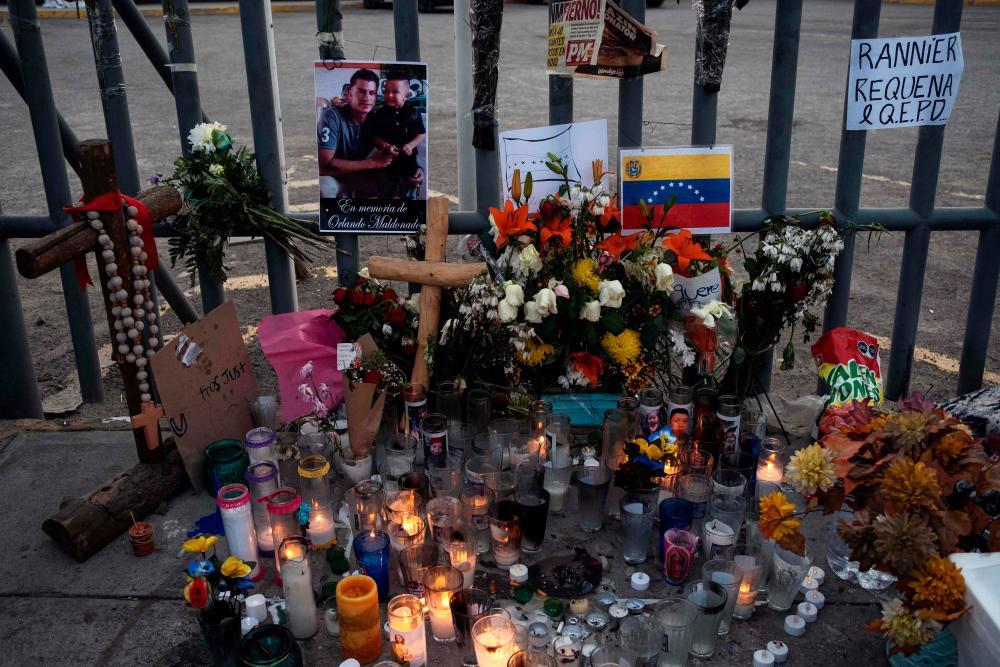Netanyahu Considers US-Brokered Ceasefire Proposal with Hezbollah Amid Growing Opposition

Israeli Prime Minister Benjamin Netanyahu announced on Tuesday that he would present a ceasefire proposal with Hezbollah, brokered by the United States, to his government for approval.
The proposal, which Netanyahu said would be discussed that evening, aims to de-escalate the ongoing conflict with Hezbollah in Lebanon, though he did not specify how long the truce would last. He emphasized that the duration of the ceasefire would depend on the developments in Lebanon, stating, “If Hezbollah violates the agreement and attempts to rearm, we will strike.”
The United States, a key ally of Israel, has been working alongside France to mediate a ceasefire in Lebanon, where tensions have escalated after Hezbollah’s support of Hamas following the October 7, 2023 attack on Israel, which triggered the ongoing war in Gaza. Netanyahu, in his televised address, highlighted that the ceasefire would allow Israel to focus on the “Iranian threat” and intensify its fight against Hamas in Gaza. “With Hezbollah out of the picture, Hamas is left on its own,” Netanyahu said, underscoring the military freedom Israel would maintain in its efforts to target Hamas and secure the release of hostages taken during the Hamas attack.
Meanwhile, the Israeli military continued its operations, striking central Beirut while also reporting that around 15 projectiles had entered Israeli airspace from Lebanon. The hostilities have taken a heavy toll, with at least 3,823 people killed in Lebanon, most of them since September. On the Israeli side, at least 82 soldiers and 47 civilians have died as a result of the conflict.
Despite Netanyahu’s push for a ceasefire, the proposal has faced significant opposition from key figures in Israel’s government. National Security Minister Itamar Ben Gvir, a far-right member of Israel’s security cabinet, labeled the proposal as a “historic mistake,” criticizing it for merely returning to a “silence-for-silence” strategy that has failed in the past. Ben Gvir argued that the ceasefire would not meet the war’s goal of returning residents of northern Israel safely to their homes. Over 60,000 Israelis have been displaced from the north due to the ongoing threat of Hezbollah rocket fire.
Opposition leader Yair Lapid also condemned the proposal, emphasizing the need for action on the ongoing hostage situation. Lapid stated, “We urgently need to make a hostage deal and bring home the citizens who were abandoned.” Furthermore, Metula’s mayor, David Azoulay, refused to attend a meeting with Netanyahu to discuss the ceasefire, claiming that the decision had already been made without proper consultation. He described the situation as Netanyahu’s “playground” and insisted that the ceasefire would not bring long-term peace to the region.
The proposal, which aims to halt the escalation in Lebanon, has sparked a significant debate over its potential effectiveness and long-term impact on the region’s security.





